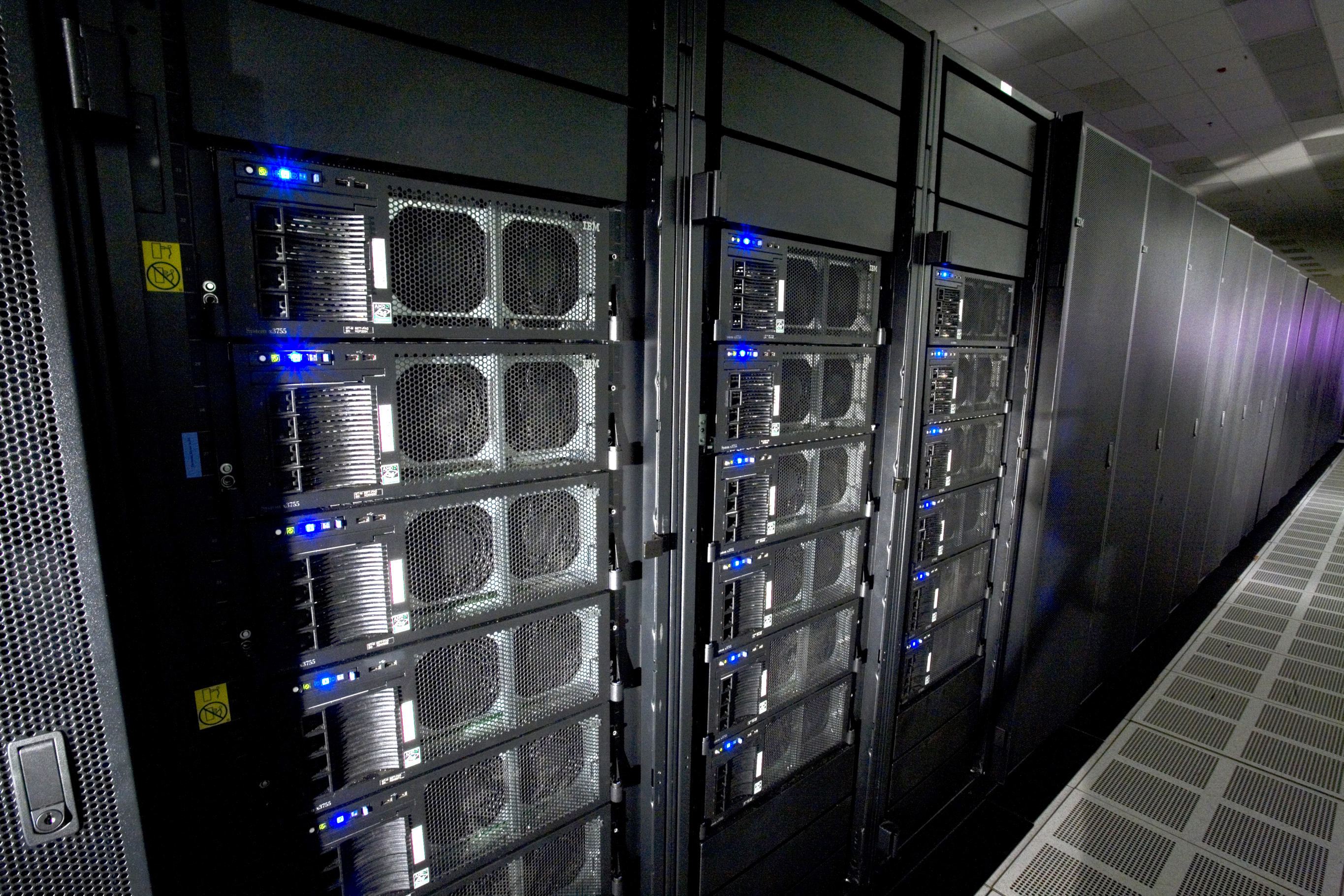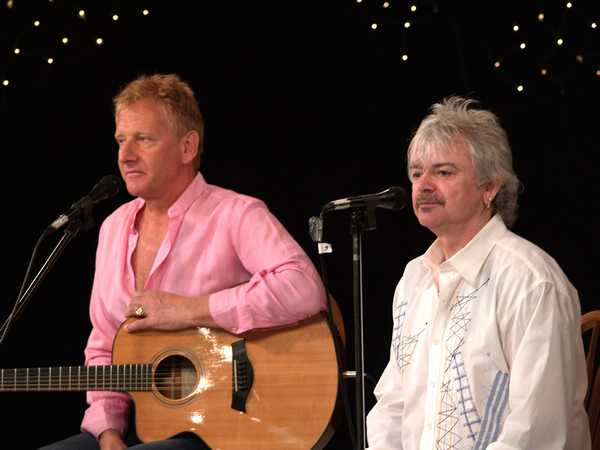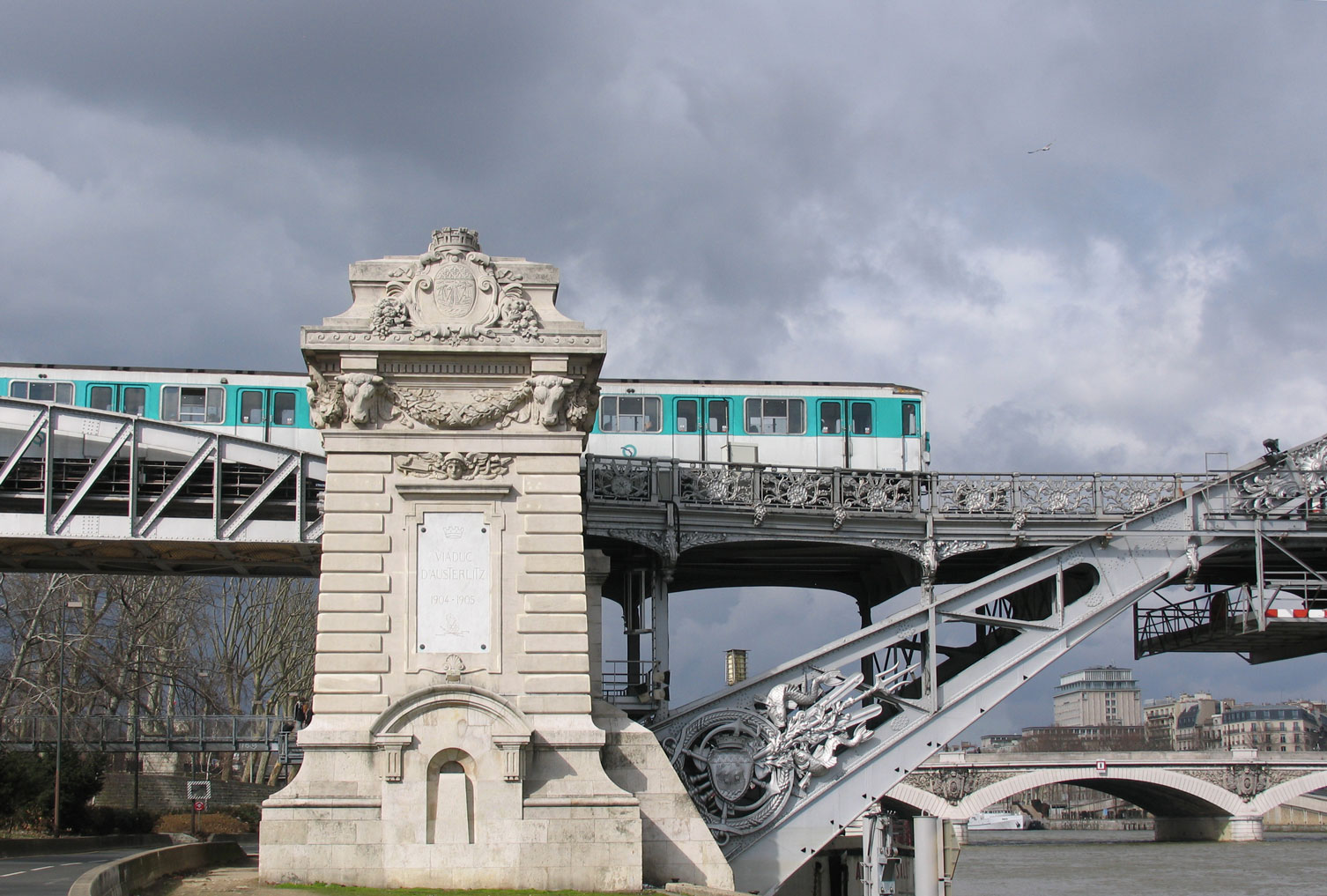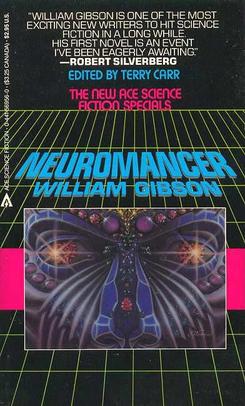 Greek religion encompasses the collection of beliefs and rituals practiced in Ancient Greece in form of cult practices. It is therefore the practical counterpart of Greek mythology. Within the Greek world, religious practice varied enough so that one might speak of Greek religions. The cult practices of the Hellenes extended beyond mainland Greece, to the islands and coasts of Ionia in Asia Minor, to Magna Graecia (Sicily and southern Italy), and to scattered Greek colonies in the Western Mediterranean, such as Massalia (Marseille). Greek examples tempered Etruscan cult and belief to inform much of the Roman religion.
Greek religion encompasses the collection of beliefs and rituals practiced in Ancient Greece in form of cult practices. It is therefore the practical counterpart of Greek mythology. Within the Greek world, religious practice varied enough so that one might speak of Greek religions. The cult practices of the Hellenes extended beyond mainland Greece, to the islands and coasts of Ionia in Asia Minor, to Magna Graecia (Sicily and southern Italy), and to scattered Greek colonies in the Western Mediterranean, such as Massalia (Marseille). Greek examples tempered Etruscan cult and belief to inform much of the Roman religion.http://en.wikipedia.org/wiki/Religion_in_ancient_Greece






